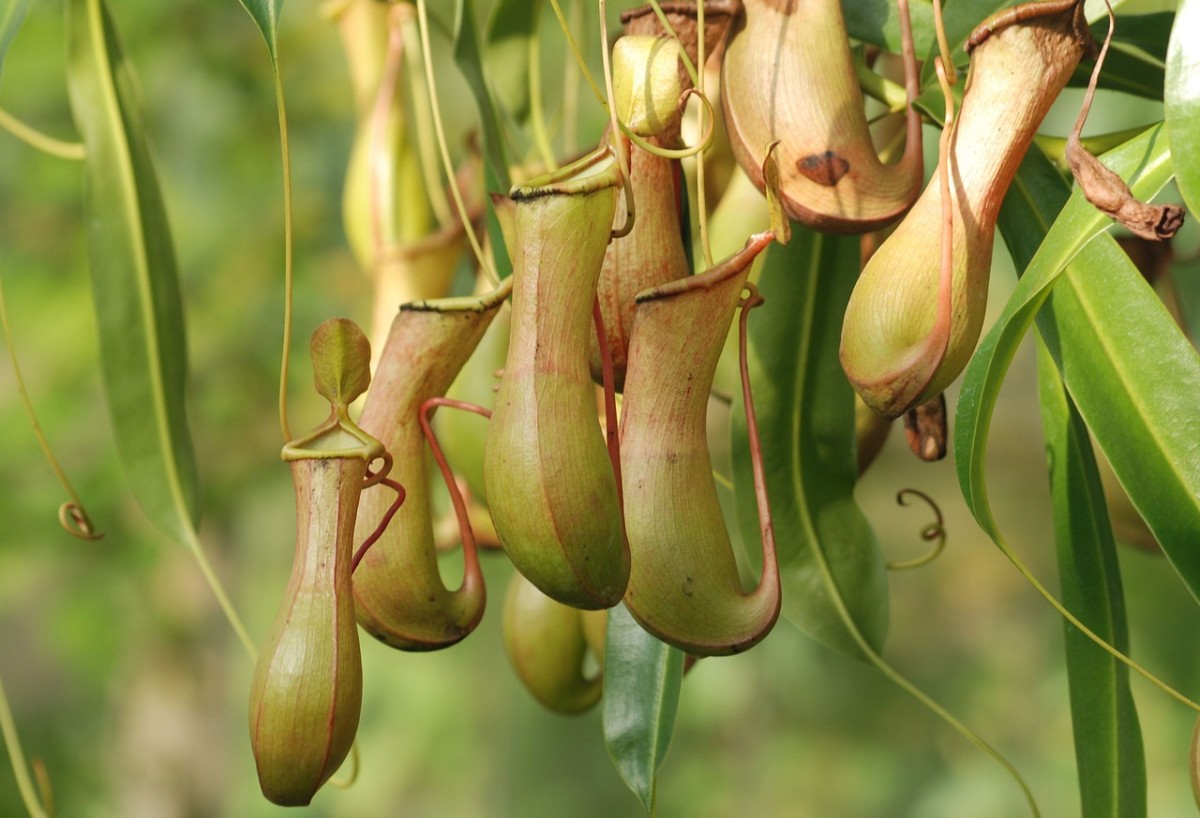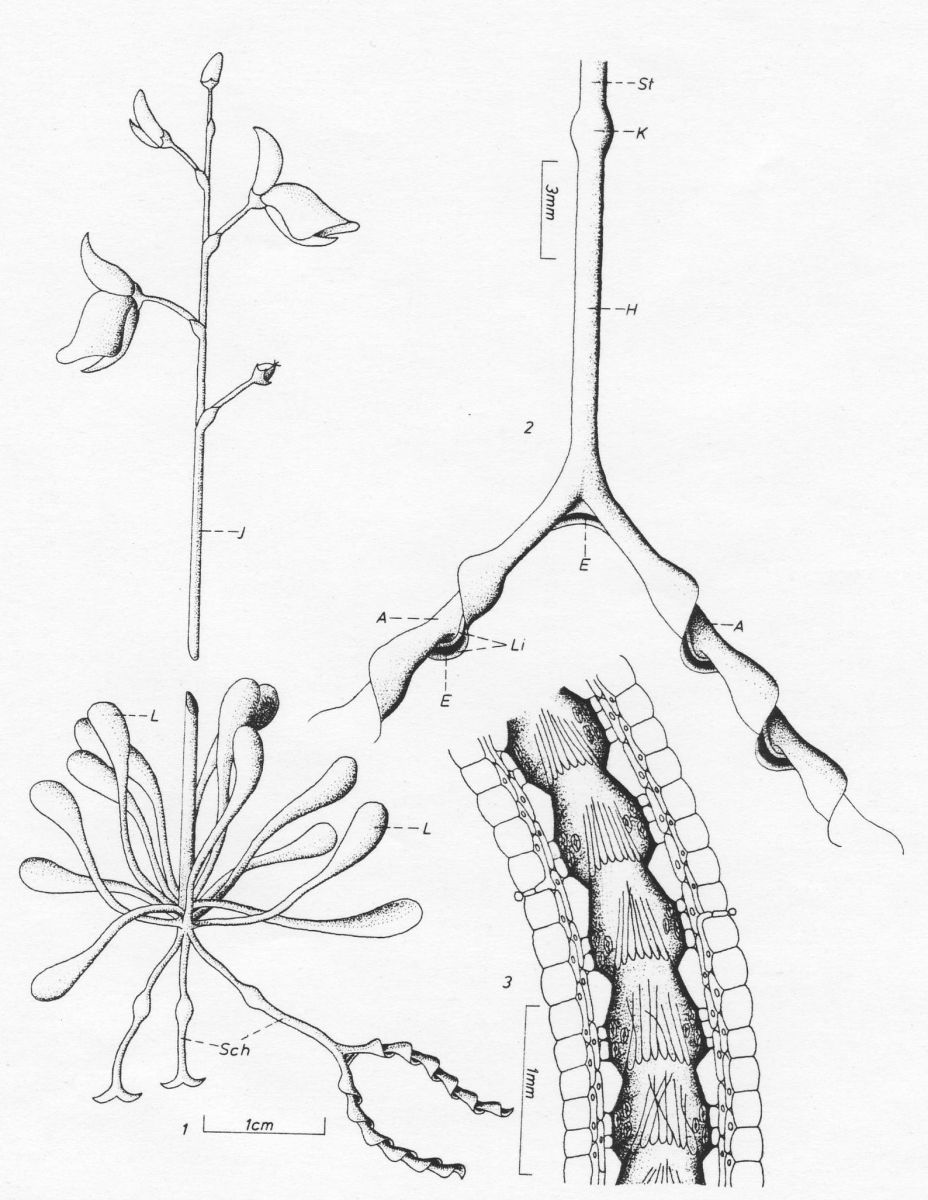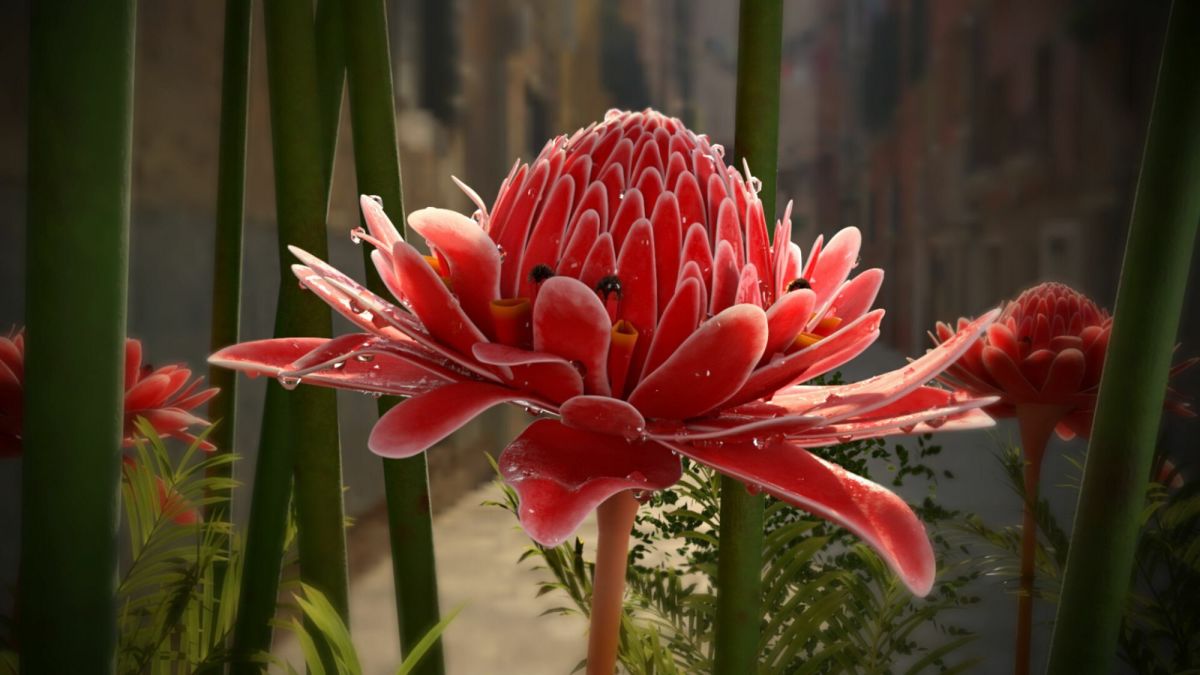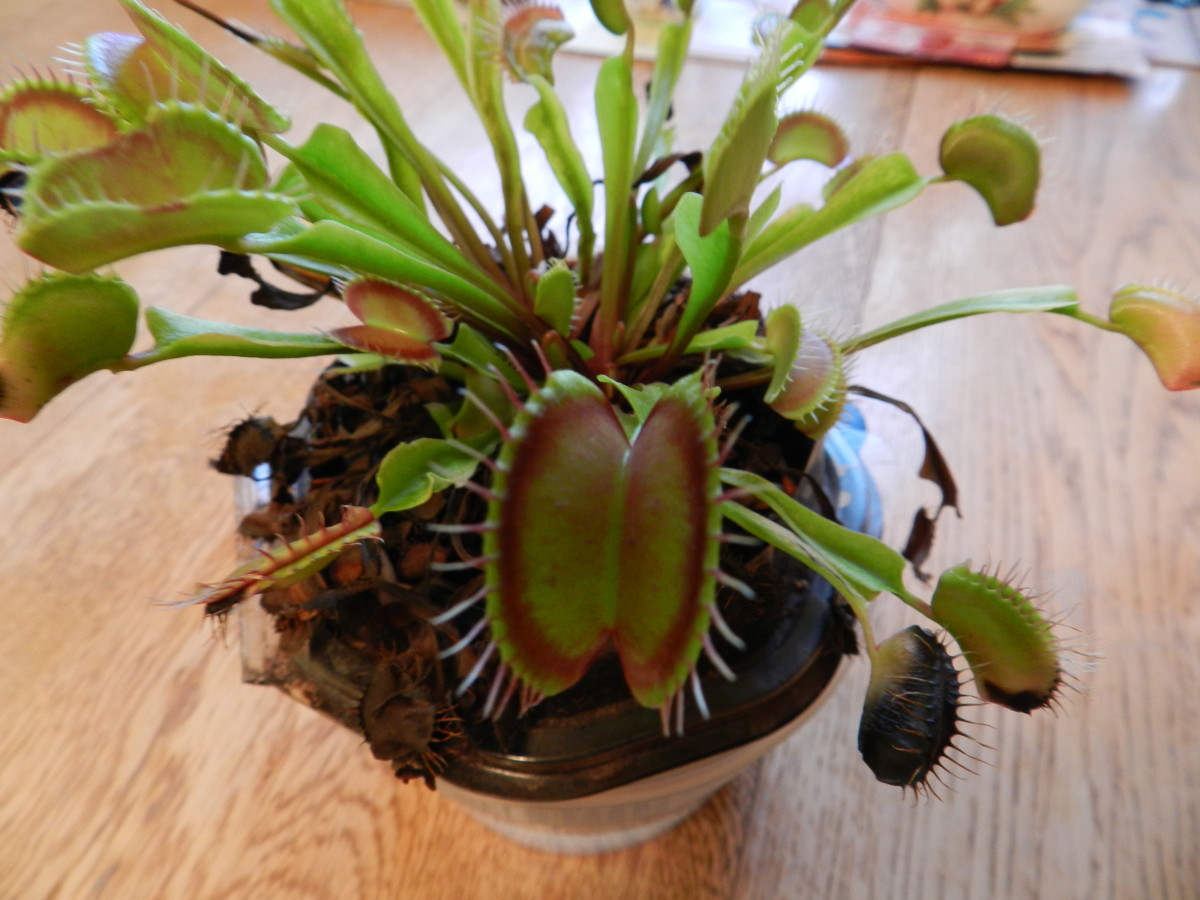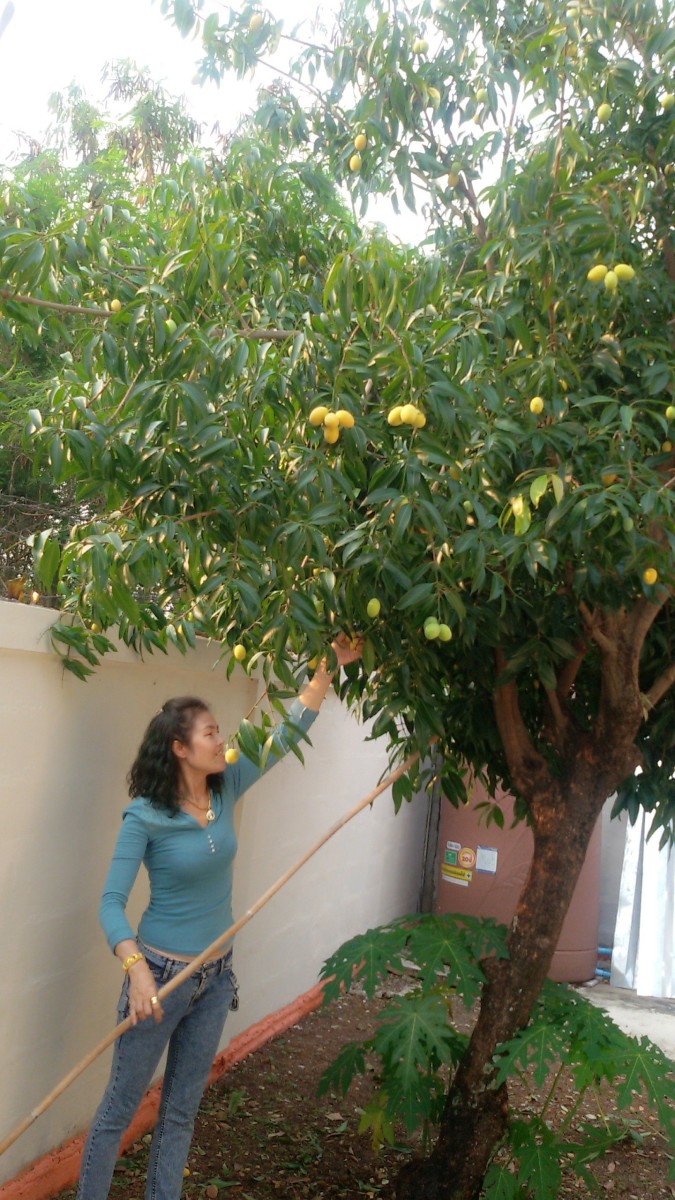How to Fertilize Carnivorous Plants
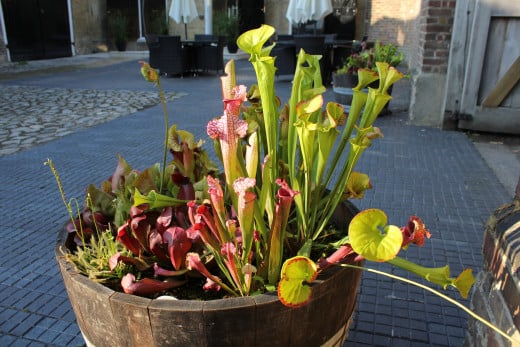
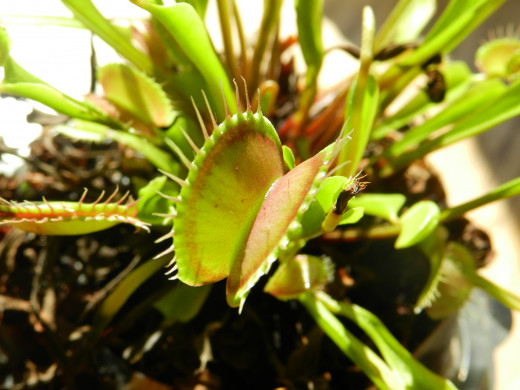
Carnivorous plants need to consume live prey to meet their nutrient requirements. Carnivorous plants like the Venus Flytrap and Pitcher Plant grow in nutrient-deficient soils, hence the reason they consume insects and other bugs to survive. These types of plants make great houseplants due to their interesting nature.
Many people do not understand the feeding and fertilizing requirements of carnivorous plants and how fertilizing is much different compared to other plants.
To put it simply - feeding is fertilizing. Carnivorous plants are indigenous to regions with very poor soil, and they do not seem to mind as long as they capture a meal from time to time. Bugs contain all the vital nutrients that carnivorous plants need. Rich soils and dissolved solids in water will harm and eventually kill such interesting plants.

Do Not Use Fertilizer
Carnivorous plants gain all the nutrients they need from captured prey and sunlight. Do not use chemical fertilizer on carnivorous plants. Fertilizers are far too rich in nutrients and will easily kill carnivorous plants. Fertilizing with chemical applications should only be done by experienced growers that know exactly how to properly dilute applications.

Feeding Carnivorous Plants
Carnivorous plants that grow in nature are able to attract and consume bugs. Venus fly traps grown outside will have no problem catching their prey and feeding themselves. However, fly traps grown inside will need a bit of human intervention to capture their prey. Flies are an obvious choice, but mosquitoes, slugs, maggots, and crickets are favorites of Venus fly traps as well. These bugs can be caught and fed to the plant.
Capturing Food
Injuring a mosquito, fly, or maggot and then placing it into or onto the trap of a carnivorous plant is the best way to coerce the plant into consuming it, and more importantly, the plant will begin digestion. A very easy way to capture mosquitoes is just to wait for them to bite and capture them in the act.
Be careful about feeding ants to carnivorous plants. Ants have tough exoskeletons and legs that make it difficult for some plants, like the Venus Flytrap, to consume. Some ants can break free of the Venus flytrap and may injure the trap in the process. A pitcher plant may consume ants just fine, as long as there is enough liquid to drown the ant in the bottom of the pitcher.
Dead Prey
Dead prey that is still fresh is often fed to carnivorous plants. All species of carnivorous plants consume prey differently. For instance, Venus flytraps can be tricked into consuming dead prey as long as the trigger hairs in the trap are tripped a few times via a small piece of wire or a pin. The trap will then close and remained closed, as long as enough trigger hairs are tripped. Carnivorous plants like the pitcher plant rely on bugs simply falling into the pitcher traps. Sundew plants have little tentacle-like structures that are covered in a sticky substance that attracts bugs. When touched, the sundew's sticky structures wrap around the insect and disables its movement.
Freeze dried bugs, like blood worms, can be used to feed flytraps as well.
Dead Foliage
Dead foliage should be left to rot away. This will add small amount of nutrients back into the soil. Dead foliage also retains moisture which is beneficial as well.

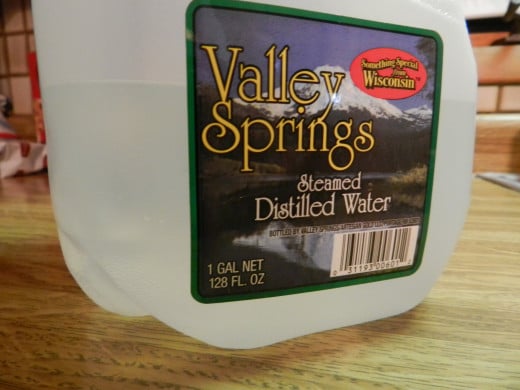
Water for Carnivorous Plants
Dissolved minerals within tap water harms carnivorous plants. Chemicals used to create safe drinking water are also harmful. Distilled, deionized, or reverse osmosis water is absolutely necessary when watering carnivorous plants. Tap water and bottled water will not cause immediate damage, but will eventually harm the roots over time.

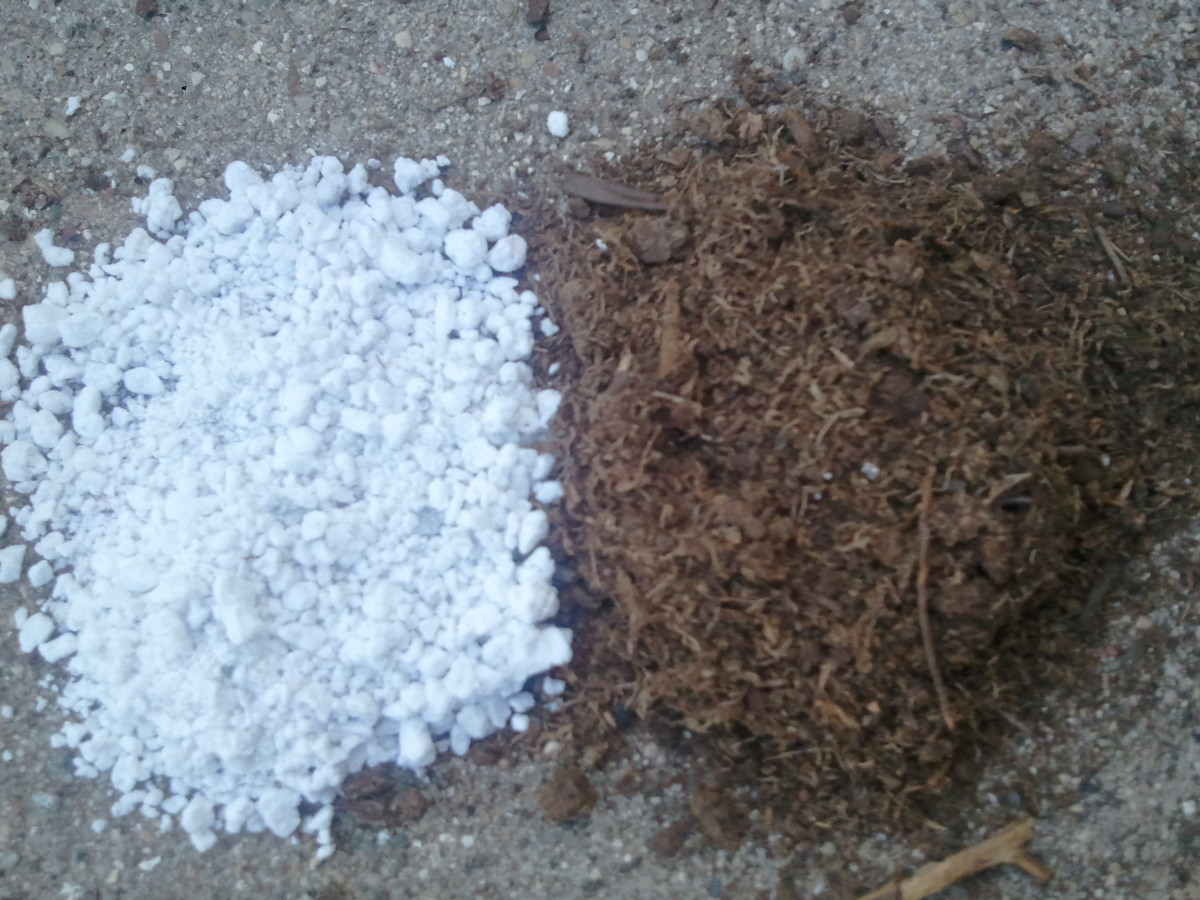
Proper Soil Mix
The typical garden and potting soil is far too fertile for carnivorous plants. The minerals and nutrients cause nutrient burns to the roots and ultimately kill the plant. Sphagnum peat moss is ideal due to its ability to retain water. Shredded sphagnum moss has very few available nutrients, which prevents nutrient burning. It is also slightly acidic and carnivorous plants prefer acidity.
Using coarse sand and/or perlite in a 1:1 mix with sphagnum makes a good soil mix. Sand and perlite promote drainage and air circulation to the roots.


